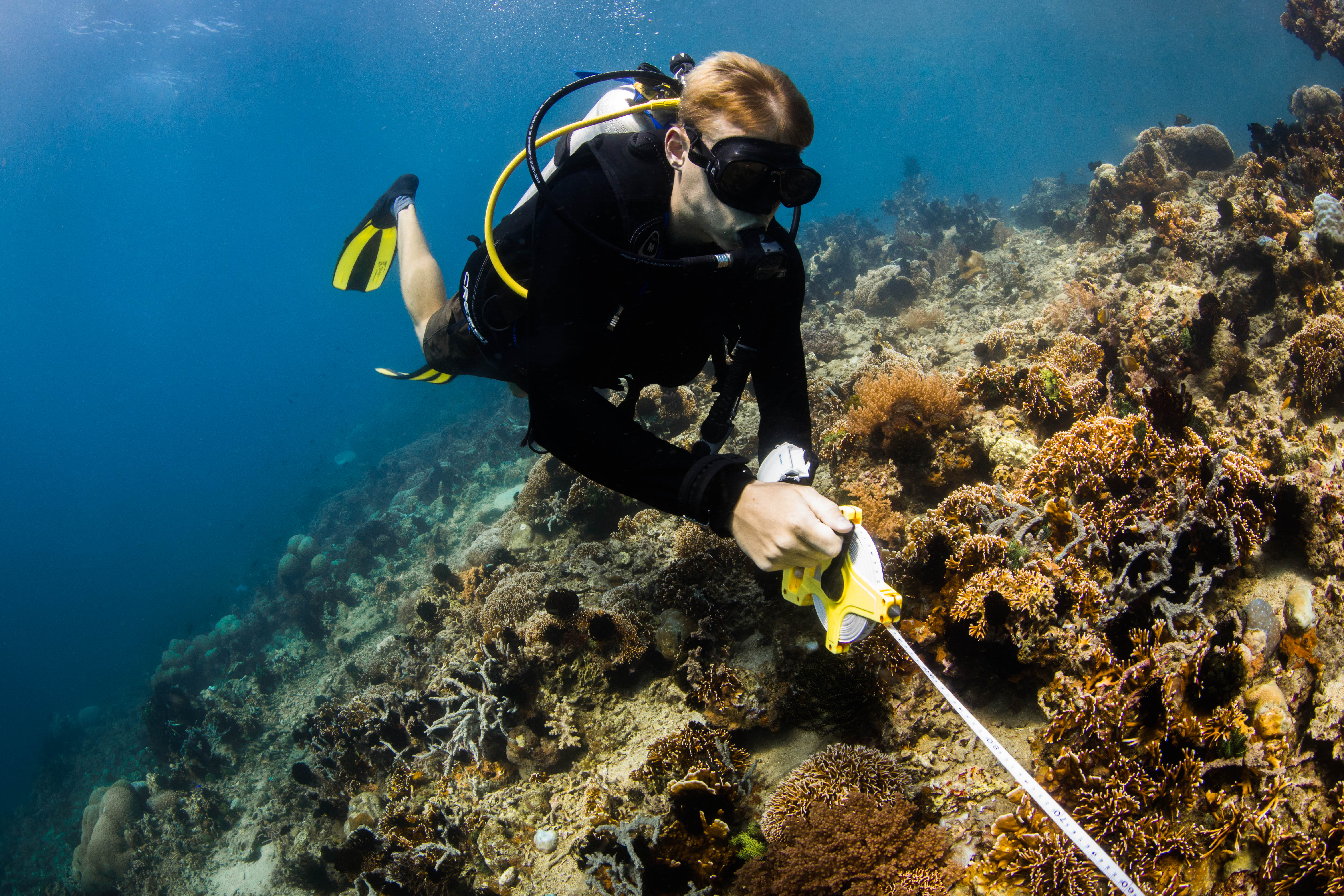At this early stage the majority of the research being conducted revolves around surveys for the purposes of assessing and building up a detailed knowledge of the biodiversity within the Marine Park in which we are based. In addition we are working to develop our understanding of the key ecosystem requirements for the species here as well as how individual species are behaving and reacting to both broad- and fine-scale changes in their environment. The projects also allow us to identify and quantify the primary threats impacting the marine life here which in turn allows us to develop and deploy the most appropriate methods for preventing or mitigating these issues.
At present the identification and recording of marine life is being conducted through combinations of a number of studies:
- Sea Grass Bed Surveys
- Mangrove Surveys
- Fish Surveys
- Substrate Surveys
- Invertebrate Surveys
- Impact Surveys
- DOV and BRUV Surveys
- Videogrammetry and 3D Modelling
- Fish Landing and Market Surveys
- Turtle Identification and Range Monitoring
- Shark Population Monitoring
- Population and Threat Analysis
- Habitat Health and Threat Analysis
- Marine Mammal Monitoring
- Chemical Sampling
- Microplastic Sampling
This data is then coupled with information gathered regarding the connectivity of a variety of ecosystems such as coral reefs, seagrass meadows and mangrove forests in order to gain a holistic view of the environment in which we operate.

The continued monitoring of our sites, allowing for the collection of long term data is imperative to the understanding and assessment of changes that are occurring within the ecosystems, in particular where an anthropogenic impact is apparent. This information not only guides our own actions but allows us to advise the local government on the most appropriate management strategies for GITA NADA Marine Park. Through this relationship we are working towards creating a healthy and thriving marine area with a functional balance between protection, sustainability and social-economic support.
However, the identification and monitoring of crucial environmental changes is just the beginning of the research we conduct at SORCE. Other research focuses allow us to gain an empirical measure of the effectiveness of our conservation initiatives, which in turn leads to the improvement of our methodologies and techniques as well as the development of new ones. By maintaining an objective and informed view of the work we are doing on a daily basis we are able to create viable conservation strategies that ensure our work is having the greatest impact possible.
We also have a number of student projects running, either for the purposes of a university dissertation or thesis or as part of a field experience placement. Some of the recent projects we have set up based on student interests include measurements of mangrove growth and recruitment, plastic waste surveying to link marine waste to the plastic debris we find on land, and micro-plastic diversity in varying sediment types. If you are interested in conducting your own project whilst with us, then please get in touch to discuss the options with our team.
Click below to find out how you can:
Get Involved
Or to learn about our other initiatives click here:

